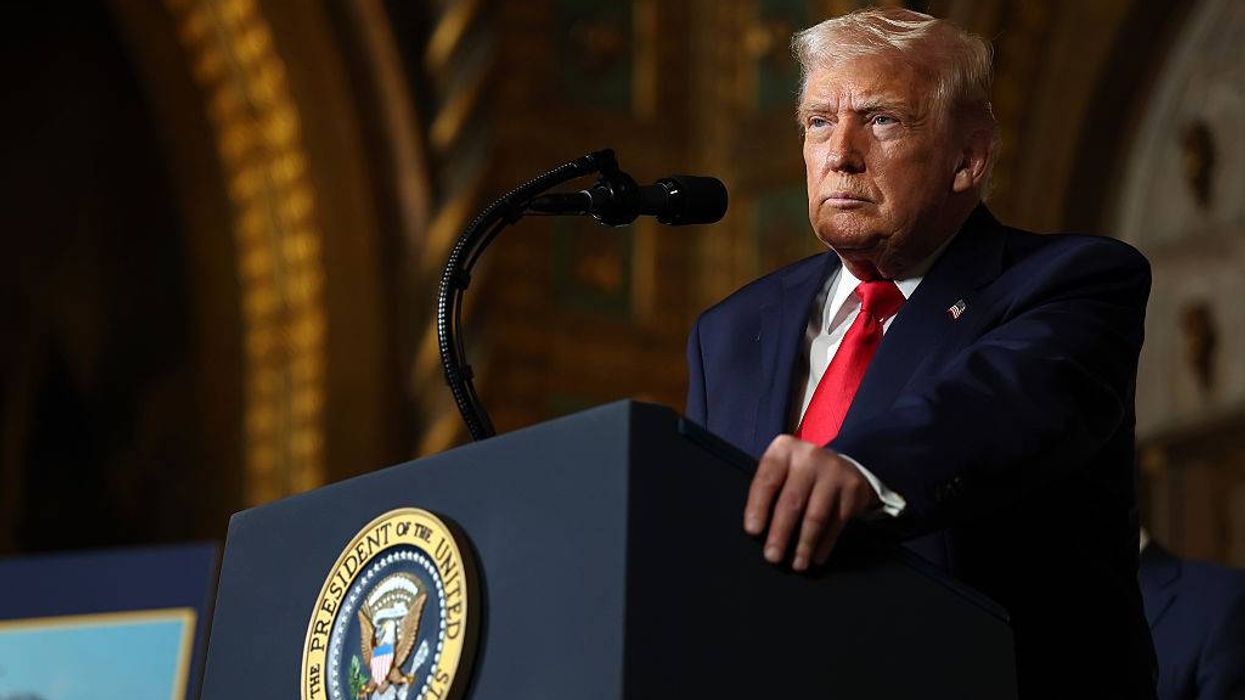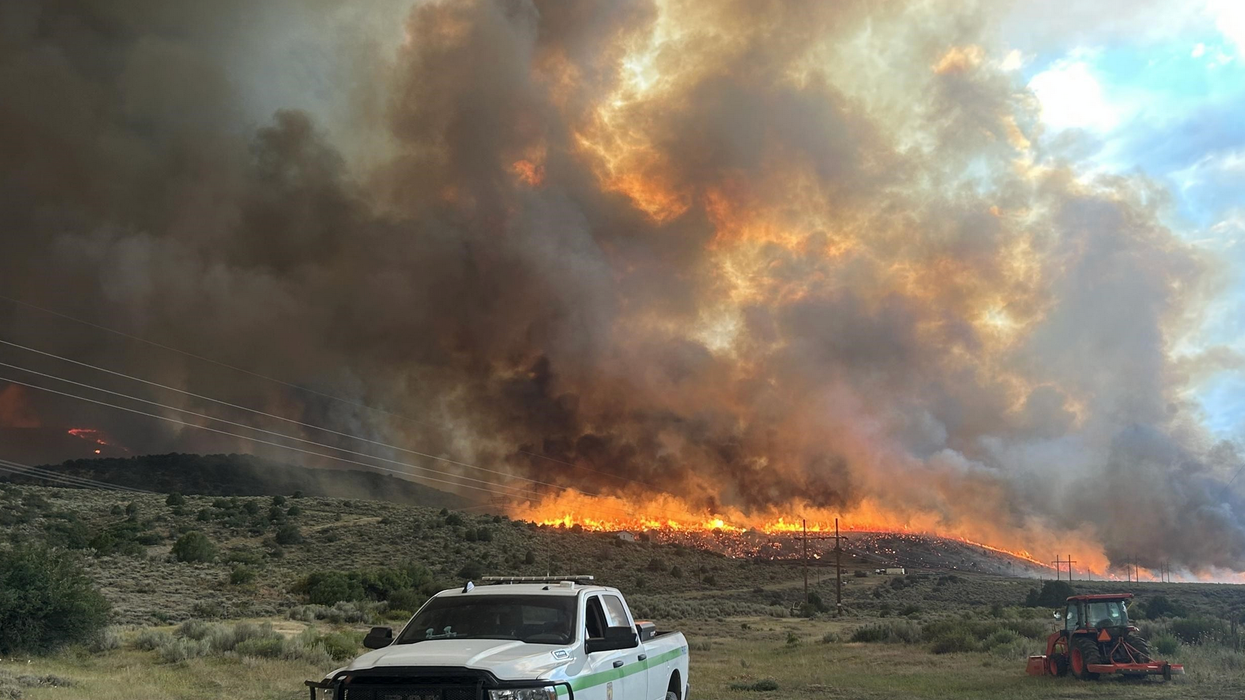Kirk, the 31-year-old CEO and co-founder of the right-wing youth organization Turning Point USA, was shot during an event at Utah Valley University. Kirk's spokesperson, Andrew Kolvet, and US President Donald Trump confirmed his death. There is no suspect in custody.
Footage shared on social media shows that just before Kirk was shot in the neck, a member of the crowd asked him, "Do you know how many mass shooters there have been in America over the last 10 years?" Kirk responded, "Counting or not counting gang violence?"
March for Our Lives, which launched in the wake of the February 2018 mass shooting at Marjory Stoneman Douglas High School in Parkland, Florida, was among the organizations and public figures who weighed in on Kirk's apparent assassination.
" Gun violence spares no one," the group said. "The shooting of Charlie Kirk makes clear that this crisis doesn't care about ideology or politics—it endangers us all. We know the solutions: stronger background checks, extreme risk protection orders, accountability for the gun industry, and more. What stands in the way is not a lack of answers, but political obstruction. Every day of inaction costs lives. It's long past time for leaders of every party to choose people over politics and act."
March for Our Lives also called out the Trump administration for various actions it has taken since the president returned to power:
Moms Demand Action founder Shannon Watts said, "The problem with allowing guns everywhere is that no one is safe anywhere."
Everytown for Gun Safety ranks Utah 36th in the country for "gun law strength." The Utah Valley University website says in part that it "complies with state law with regard to weapons" and "allows concealed firearm permit holders to possess their concealed firearm on campus."
Watts and March for Our Lives were among those who highlighted that the Kirk shooting coincided with the one in Colorado. The gun violence prevention organization said, "Another group of kids left to live with fear and trauma, because our so-called leaders would rather protect the gun lobby than protect the people they serve."
As The Denver Post reported on the shooting in Evergreen, Colorado:
Hundreds of police and law enforcement officers responded to the high school at 29300 Buffalo Park Road for an active shooting, which county officials first reported on social media at 12:40 pm.
Three people from the high school were being treated at CommonSpirit St. Anthony Hospital in Lakewood on Wednesday afternoon and were in critical condition, spokesperson Lindsay Radford said.
The Jefferson County Sheriff's Office later confirmed on social media that "one of the three students transported is the suspect," and the school, which over 900 children attend, has been cleared by law enforcement.
Democratic Colorado Gov. Jared Polis said that "I am closely monitoring the situation at Evergreen High School, and am getting live updates. State troopers are supporting local law enforcement in responding to this situation. Students should be able to attend school safely and without fear across our state and nation. We are all praying for the victims and the entire community."
Polis separately addressed Kirk's shooting, saying that "political violence is never acceptable, and I condemn the brutal and inexcusable attack on Charlie Kirk in Utah. This is a challenging time for so many in our country, but any divisions we face will never be solved by trying to hurt each other. I am sending hope and love to his friends and his family in this dark hour. I encourage everyone to be stronger and disagree better and peacefully."
Like the governor, Fred Guttenberg, who became an activist against gun violence after his 14-year-old daughter, Jaime, was murdered in Parkland, took note of both shootings. He declared that "it is time for Republicans and Democrats to find a way to work together to reduce gun violence."
Also acknowledging both shootings, Congresswoman Summer Lee (D-Pa.) said: "Gun violence and political violence cannot continue to devastate our communities. We need gun reform now."




